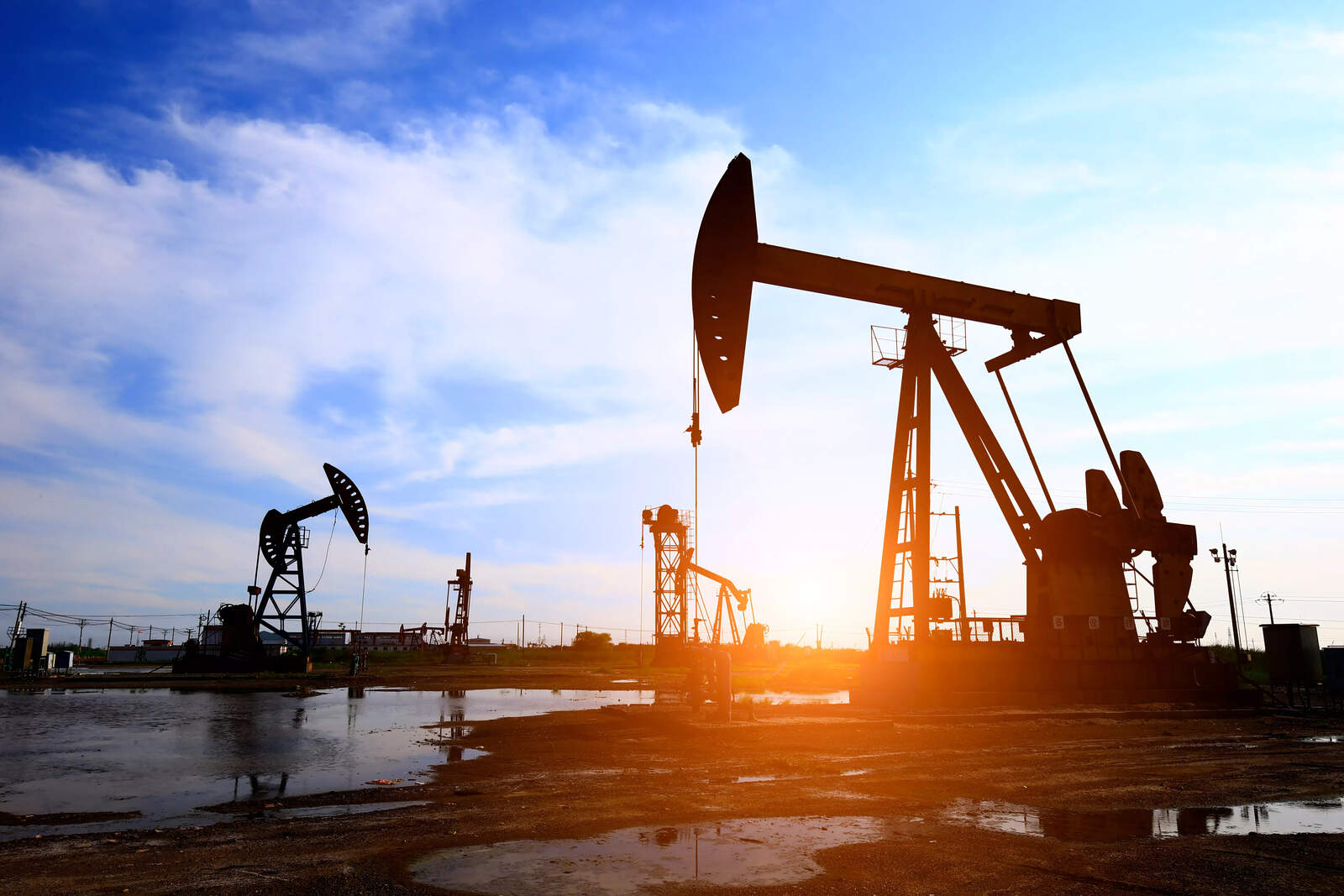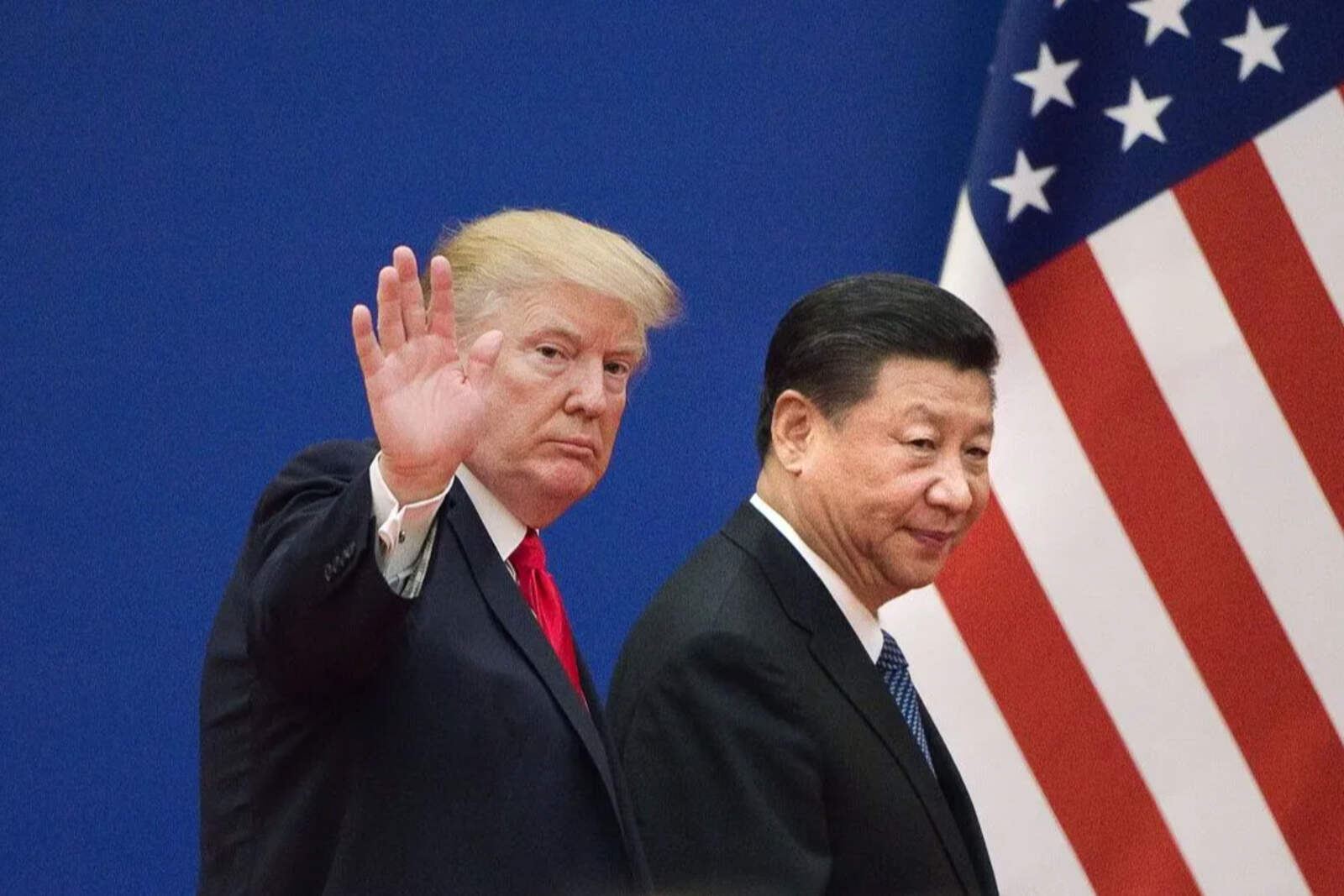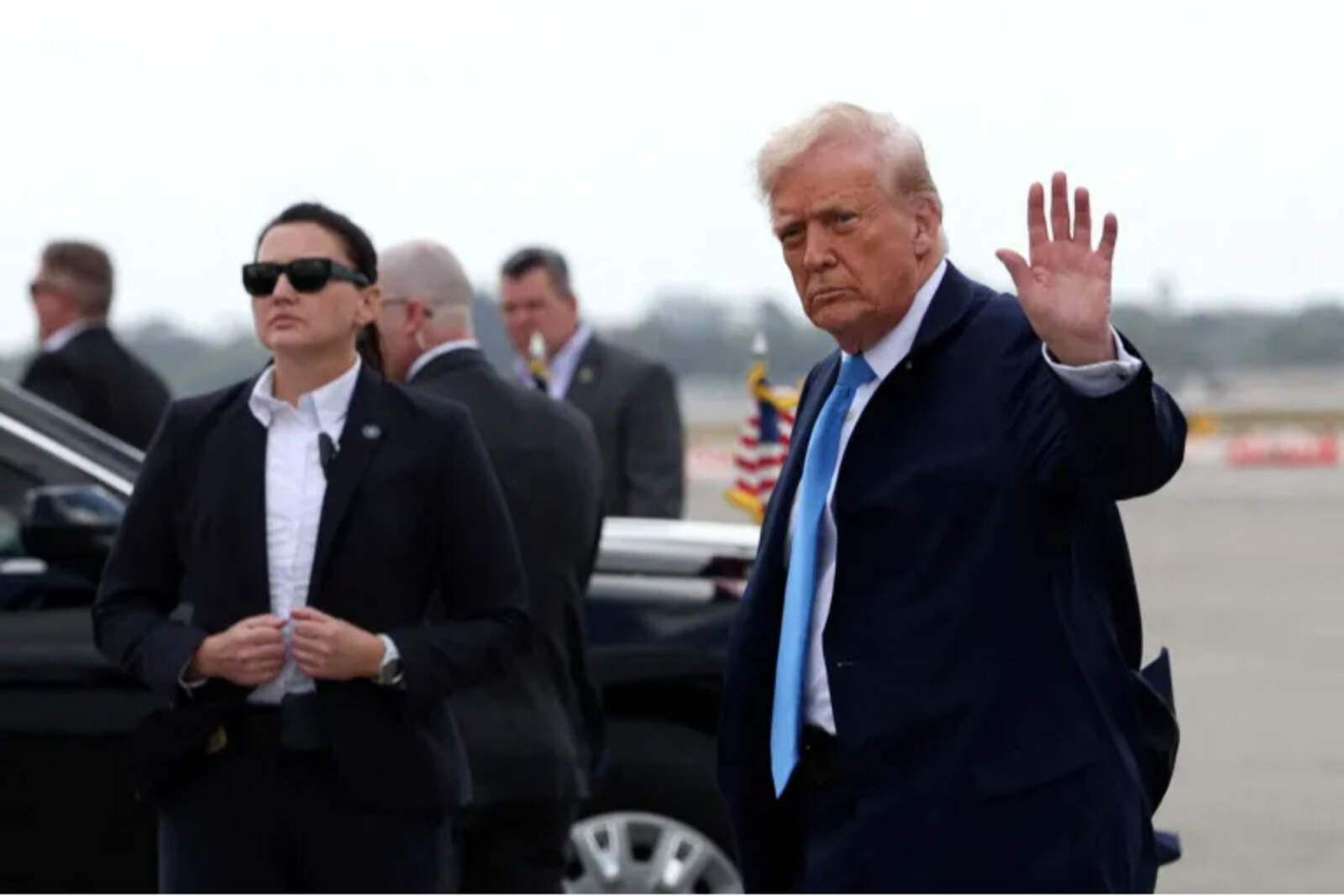Driven by the expectation of new measures by the United States to restrict Russia's energy exports, the price of oil rose this Friday at the end of the week.
This was after the statements by President Donald Trump, who announced that he would make an "important statement" about Russia and reiterated his criticism of his Russian counterpart, Vladimir Putin, that West Texas Intermediate (WTI) crude oil increased by almost 3%, closing above 68 dollars per barrel.
The White House reported the possibility that these new sanctions on Russia could be imposed as soon as next week, which would reduce the global oil supply.
As a subsidiary sanction to this measure, one of the sanctions bills under discussion in Congress, which is supported by at least 85 senators, would punish China and India, the main buyers of Russian energy at this time, with tariffs of 500%.

Trump reignites the trade war
This same week, Trump also raised the possibility of imposing a 35% tariff on certain Canadian products, although he clarified that it would not apply to goods protected by the USMCA (United States-Mexico-Canada Agreement), which would maintain the exclusion of many goods.
Another of those affected by Trump's measures was communist Lula Da Silva, current president of Brazil, whose political persecution of the former president and right-wing opposition leader Jair Bolsonaro forced the Republican leader to impose 50% tariffs on Brazilian imports.
In this regard, it is expected that the United States will maintain a lower tariff of 10% for certain energy imports.










